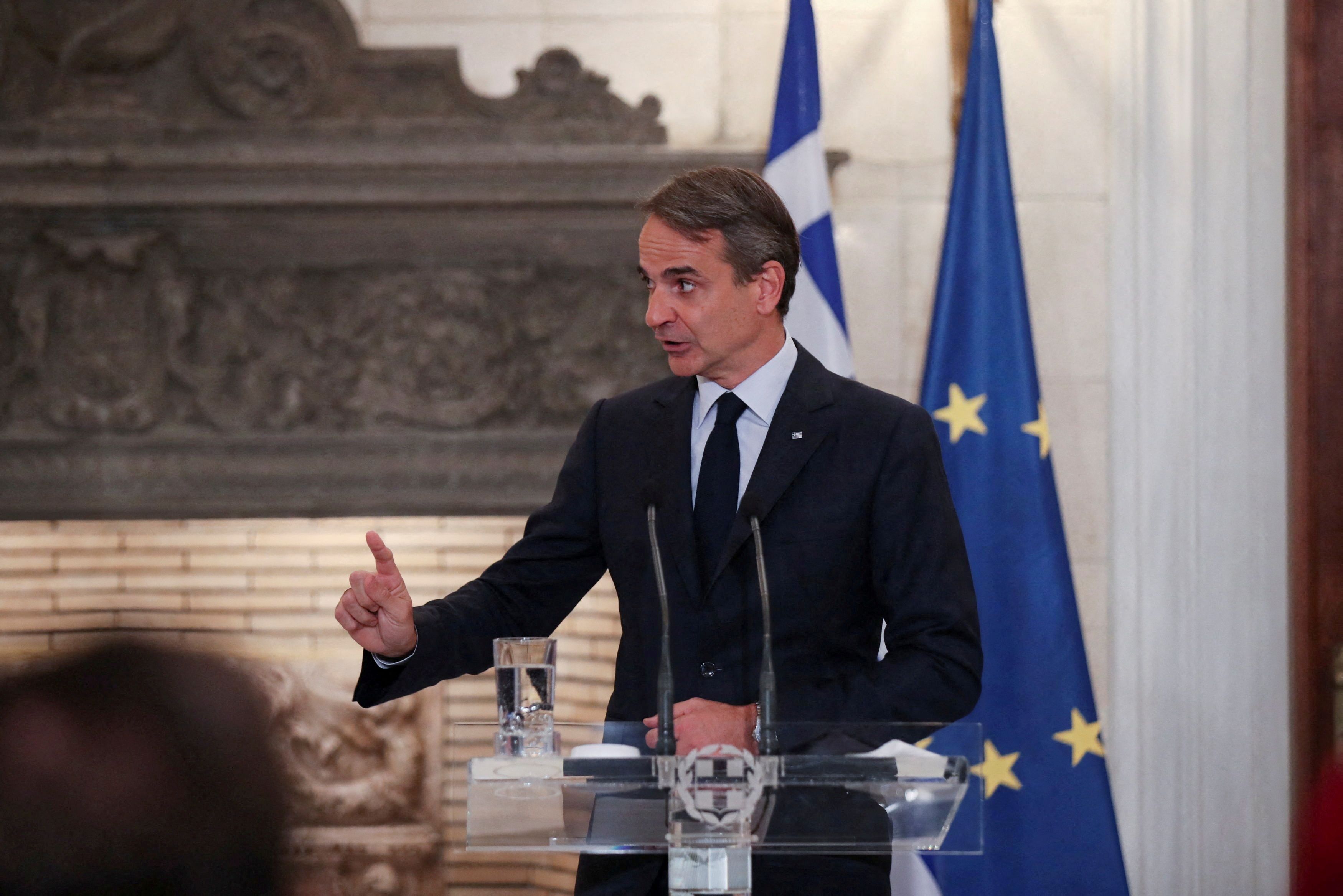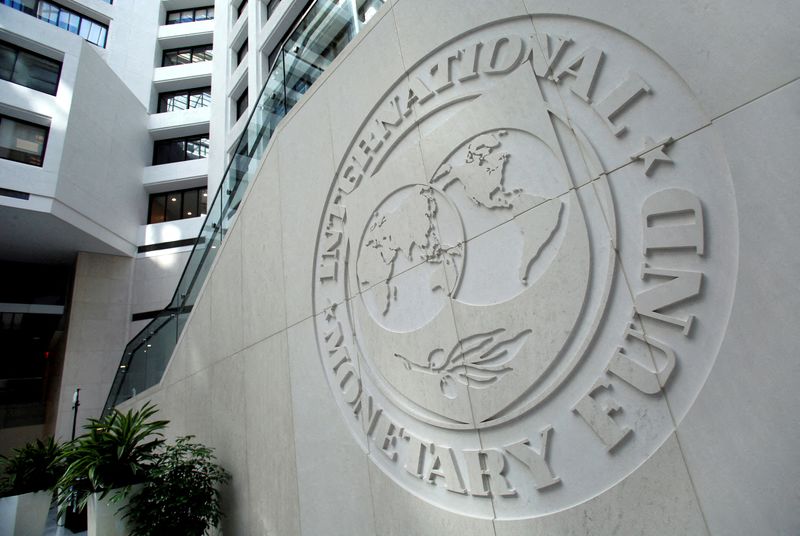
Greece has completed the payment of its debts to the International Monetary Fund (IMF) initiated in 2010 following the signing of the first bailout with that body and the European institutions to avoid the country's bankruptcy.
The total amount owed to the IMF amounted to 32 billion euros ($35.09 billion), 20 billion from the first bailout ($21.9 billion) and 12 billion ($13.16 billion) for the second.
From 2010 to 2015 Greece signed three aid programmes totaling 312 billion euros (about 342,095 million dollars), the first two with the IMF and European creditors and the third without the international organization, which nevertheless remained linked as an adviser.
“The Government, paying the country's latest obligations in advance, closes a gray chapter that opened in March 2010. One was that Greeks should not and will never live again,” Prime Minister Kyriakos Mitstotakis wrote on Tuesday on his Twitter account.
The Conservative leader stressed that Greece's economy “remains firm on the path of progress despite international turmoil.”

With the payment of the last tranche of 1.86 billion euros (about $2.04 billion), approved last week by the European Union rescue fund, an open chapter is closed in May 2010, when the country requested financial assistance from the IMF.
The fund should give its approval to this disbursement, since in principle the advance payments to the IMF should be made simultaneously with those made to European creditors.
The Greek Finance Minister, Jrístos Staikuras, said that with this step Greece sends a “positive message to the markets about the country's financial situation” and also provides savings to the state budget totaling 230 million euros, “for the benefit of Greek society”.

The bailouts forced Greece to implement drastic budget cuts and raise taxes that led to increased unemployment and poverty and led the country to lose a quarter of its gross domestic product.
Despite exiting the rescue program in 2018, Greece is still under a regime of supervision of its finances, an agreement that will be finalized later this year.
In its recent report, IMF welcomed the progress made by Greece in overcoming its structural problems, but urged the Government to raise the minimum wage “prudent” and to freeze civil servants' salaries and pensions.
(With information from EFE)
KEEP READING:
Últimas Noticias
Debanhi Escobar: they secured the motel where she was found lifeless in a cistern
Members of the Specialized Prosecutor's Office in Nuevo León secured the Nueva Castilla Motel as part of the investigations into the case

The oldest person in the world died at the age of 119
Kane Tanaka lived in Japan. She was born six months earlier than George Orwell, the same year that the Wright brothers first flew, and Marie Curie became the first woman to win a Nobel Prize

Macabre find in CDMX: they left a body bagged and tied in a taxi
The body was left in the back seats of the car. It was covered with black bags and tied with industrial tape
The eagles of America will face Manchester City in a duel of legends. Here are the details
The top Mexican football champion will play a match with Pep Guardiola's squad in the Lone Star Cup

Why is it good to bring dogs out to know the world when they are puppies
A so-called protection against the spread of diseases threatens the integral development of dogs




